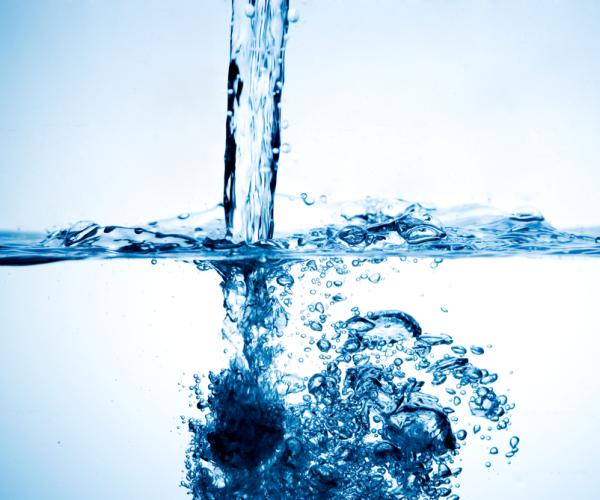
Before you can begin to understand the need for water softeners, you must adequately comprehend precisely how hard water is measured. To determine water's "hardness," first it's necessary to discern how much dissolved calcium and magnesium deposits exist in the water. If the tested water is found to be high in dissolved minerals, it's considered to be hard water.
How hard is your water? check the map.
Hard water occurs for a multitude of reasons, but one of the most common culprits for homes and businesses is groundwater. Mineral deposits dissolve into the water when groundwater flows through or over limestone. Hard water is not considered a considerable health risk, but hard water does cause other costly yet preventable damages.
A water softener is a specialized filtration system that removes calcium and magnesium concentrations from water. The particular approach chosen will depend on whether you need to filter water for a home or business and the volume of water that you require to be filtered. Filtration systems are available in dual-tank, salt-free, and even ion-exchange systems.
Water softeners are systems explicitly designed to remove calcium and magnesium deposits from water. Consistently using hard water through pipes and with appliances can cause excessive scale buildup and deposits, shortening the life of plumbing and devices. This can be especially detrimental to businesses seeking to gain maximum usage out of all of their business-owned appliances. The expedited wear and tear of appliances due to hard water, which can be prevented, is wasteful. Investing in a water softener can reduce costs in the long run for both businesses and households.
Another benefit that stems from water softeners, especially for larger businesses, is the savings in energy costs due to increased efficiency when using soft water versus hard water. When there is less scaling, less energy is required to heat the water resulting in energy savings. Additionally, you will not need to use nearly as much soap when cleaning if your water has been softened.
Those who may be considering the benefits of installing a water softener filtration system in their home should consider the multitude of benefits that justify the expenditure.
First, softened water results in brighter and softer clothes due to the gentleness of softened water compared to hard water. Additionally, hardened water can result in stains on your hands and body during showers. Using hard water means that you may get hard-to-remove pigments on your skin while showering. Depending on your own individual skin needs, this could prove to be problematic. This can also result in difficulty maintaining moisture and your skin's hygiene. Using softened water results in cleaner and softer skin.
Overall, the decision to purchase and install a water softener filtration system should not be taken lightly. Each homeowner or business should analyze their situation to see which of the presented benefits best apply to their own situation. If they find that the additional benefits are numerous, begin searching for tips on purchasing the best water softener at the most affordable cost. Though it's a considerable commitment, choosing a water softener can confer many benefits.
Contact Friendly Water experts to have a quote on a water softener or a water filtration system: 01932 245 200